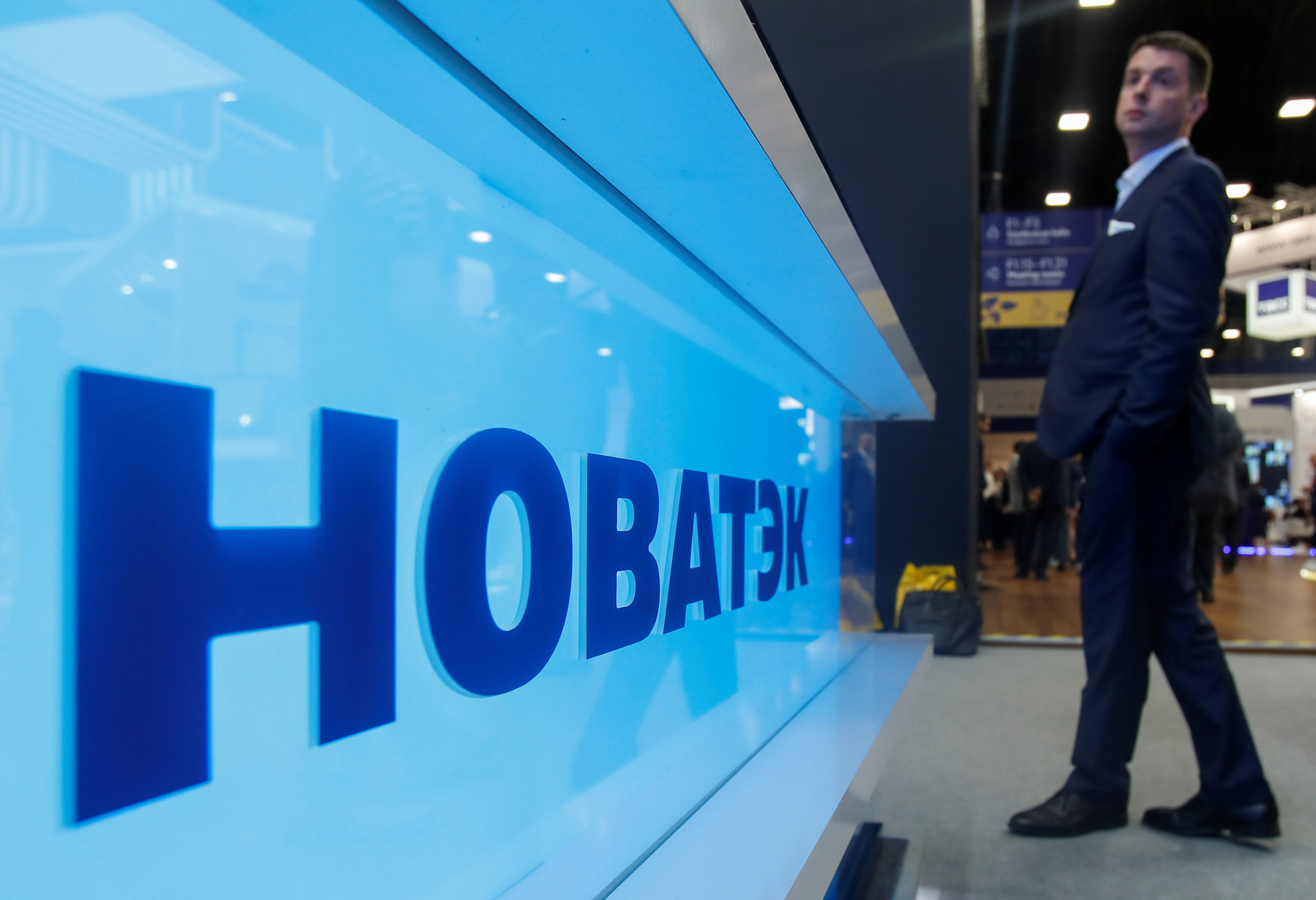International lenders are said to back $9.5 billion financing for Russia’s Arctic LNG 2
A document seen by Reuters suggests Novatek has secured all the external financing it needs for the major Arctic LNG project.

LONDON — International lenders have lined up about $9.5 billion in financial support for a Russian Arctic liquefied natural gas project, a document seen by Reuters showed, even as such projects come under greater scrutiny over climate concerns.
The $21 billion project, which received final investment approval a year ago, is expected to be launched in 2023 and to reach its full capacity of almost 20 million tonnes per year in 2026.
While the energy industry touts natural gas as a cleaner alternative to coal or crude, it is a source of carbon emissions and critics say LNG projects are hard to reconcile with the transition to a low-carbon economy envisaged in the Paris climate agreement and the European Union’s Green Deal economic plan.
The interest of international institutions, however, gives a boost for the Arctic LNG 2 development, led by Russian non-state company Novatek as Moscow’s plans to raise its share in the global LNG market.
Among them is French state investment bank and credit agency Bpifrance, with a recommended offer of $700 million in credit finance, the China Development Bank, expected to offer a facility worth $5 billion and Germany’s Euler Hermes, with a covered facility of $300 million, the document said.
However, in a statement issued after the Reuters’ story, Bpifrance said “the decision to grant a public guarantee within the framework of the Arctic LNG 2 project has not been taken.”
The Japan Bank for International Cooperation [JBIC.UL] is also seen providing a facility of $2.5 billion; an unidentified Russian bank $1.5 billion and Italy’s SACE a covered facility of $1 billion.
Russia’s top lender Sberbank has already said it is ready to provide more than 2.7 billion euros in financing for the project, which aims to process gas from the Gydan Peninsula and ship 80 percent of LNG to Asia.
The line-up described in the document, if backed in full, would cover the need for the external financing, earlier estimated by Novatek at $9-$11 billion.
The project’s equity partners include France’s Total, China National Petroleum Corp, China’s CNOOC and the Japan Arctic LNG consortium made up of Mitsui & Co and state-owned JOGMEC, formally known as Japan Oil, Gas and Metals National Corp.
Bpifrance’s recommendation, which could yet be rejected by the government, highlights the importance of the project for one of France’s industrial champions.
The document said Bpifrance Assurance Export gave a “favourable opinion” to the strategic project guarantee “subject to subsequent examination of the project’s risk profile and its economic fundamentals” and with a “strong reserve” waiting for the finalization of the environmental and social analysis.
Total declined to comment and Novatek had no immediate comment.
Relations between Europe and Russia, including energy, remain tense after a poisoning attempt of Russian opposition politician Alexei Navalny sparked calls for another key energy project between the two, Nord Stream 2, to be ditched.
The role of European development institutions in bank-rolling LNG projects around the world has also come under greater scrutiny given the EU’s ambitious climate goals.
Export credit agencies such as Bpifrance provide government-backed loans, guarantees, credits and insurance to private companies to help make it easier for them to do business abroad.
A spokeswoman for JBIC, which has already announced one loan for up to 125 million euros ($148 million) to help Mitsui & Co and the Japan Oil, Gas and Metals National Corporation take an equity stake in the venture, declined to comment on the Bpifrance document as she could not confirm the figure.
SACE declined to comment. CDB did not immediately reply to a request for comment. Euler Hermes directed the question to the Federal Ministry of Economic Affairs and Energy.
The ministry said it was not “not authorized to provide third parties with any information in this respect”.
Reporting by Simon Jessop in London, Katya Golubkova and Vladimir Soldatkin in Moscow, Benjamin Mallet in Paris, Takashi Umekawa in Tokyo and Cheng Leng in Beijing.


